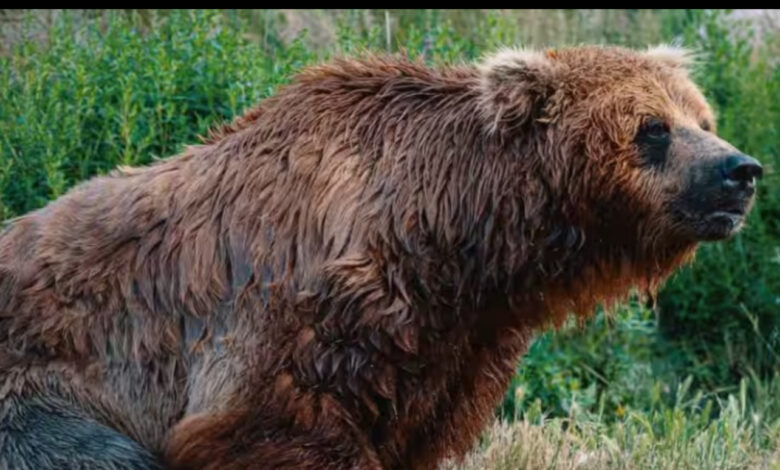“Embracing Bear-Like Sleep Patterns Could Enhance Human Health, According to Study”

Researchers and veterinarians are closely observing Embracing Bear and their extended periods of deep sleep during winter, which contribute significantly to their overall well-being. Bears, entering hibernation like many other animals, safeguard themselves from various ailments that could afflict them if they did not undergo this profound winter slumber. This natural phenomenon might offer valuable health insights for humans as well.
A recent report from the Washington Post highlights the growing interest in hibernation research by space agencies and military organizations worldwide. They are keen to understand how creatures like bears endure extended winter hibernation without succumbing to its challenges.
Embracing Bear
Deep sleep poses several physiological challenges, notably a substantial drop in heart rate. However, hibernating animals, such as bears, somehow manage to thrive in these conditions.
Ole Frobert, a cardiologist at Orebro University Hospital in Sweden and Aarhus University in Denmark, is at the forefront of bear-related research. He describes the hibernating brown bear as a “living library of biological solutions” since it remains remarkably free from diseases despite the conditions it should theoretically face.
Brown bears hibernate for up to eight months, a feat that would prove detrimental to humans, leading to muscle atrophy, weakened bones, and skin issues. Frobert clarifies that hibernation isn’t a conventional form of sleep; it’s an extreme state of energy conservation where a bear’s heart rate drops below 10 beats per minute.
To unravel the mysteries of hibernation, Frobert and Manuela Thienel, a cardiologist at Ludwig Maximilian University of Munich, collaborated with bear researchers in Sweden. The team tracked 13 brown bears, collecting blood samples during summer helicopter pursuits and winter den observations.
Their research revealed the presence of specific proteins, notably HSP47, in significantly lower amounts in bear blood during winter compared to summer. HSP47, found on platelet surfaces, plays a role in blood clotting. While blood clots are essential for wound healing, excessive clotting in veins can be life-threatening.
To explore the potential human applications of their findings, the research team turned to individuals with spinal cord injuries who, like hibernating bears, experience fewer blood clots. These patients exhibited lower levels of HSP47 compared to uninjured individuals.
Currently, Frobert’s team is actively searching for a chemical compound to develop a novel blood-thinning medication with fewer side effects than existing drugs. They estimate that it might take five to ten years to bring such a drug to fruition






